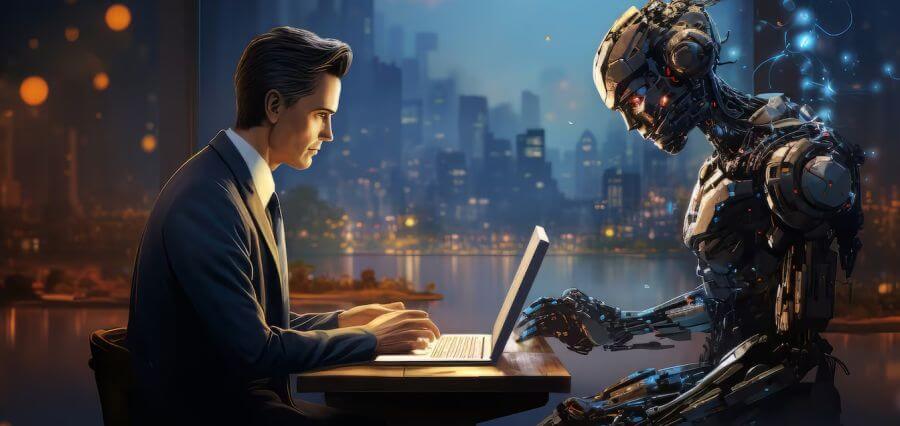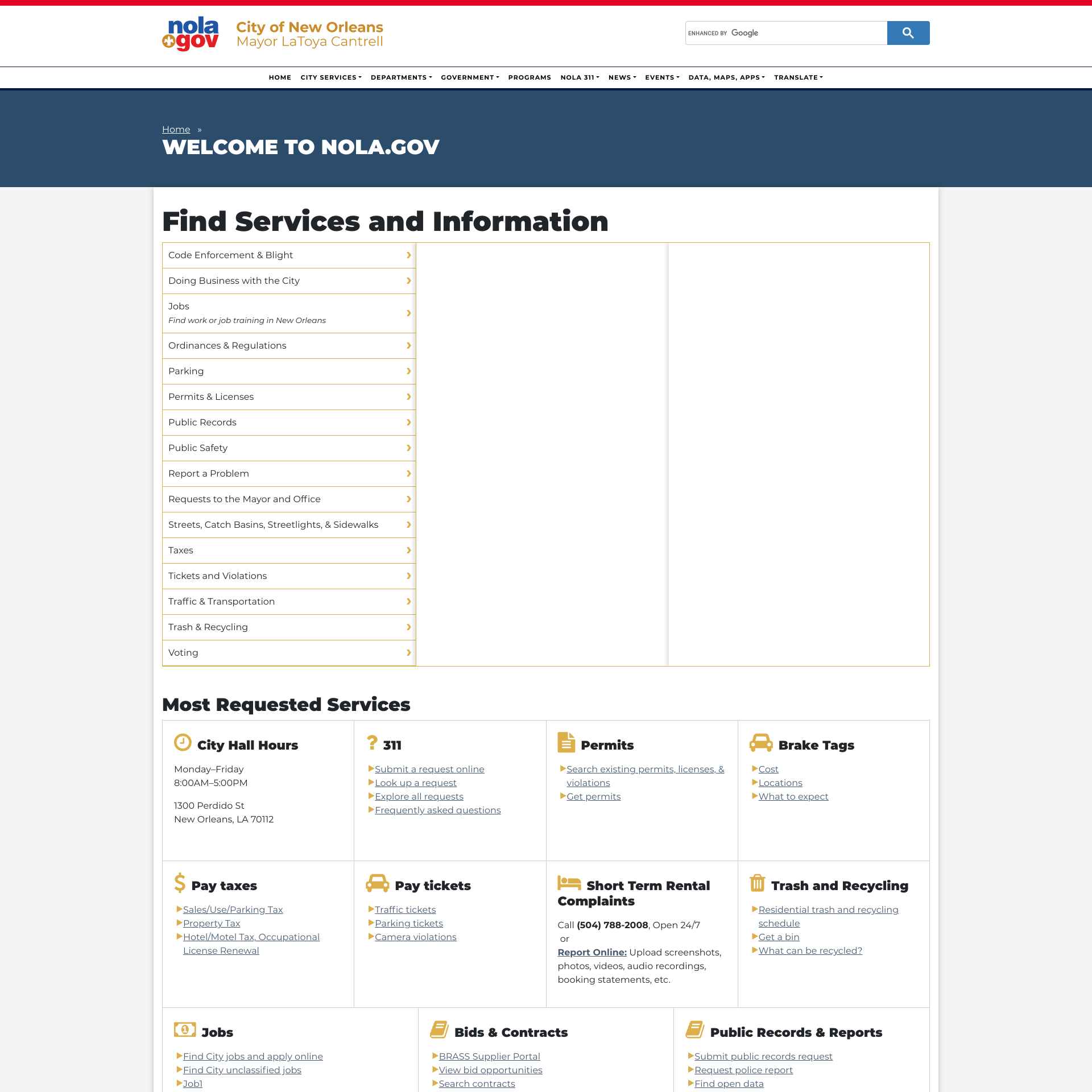Exploring How AI Shapes Emerging Narratives in Content Creation

Artificial Intelligence (AI) has become a revolutionary force in shaping the future of content creation. This transformative technology goes beyond automating repetitive tasks; it is redefining how stories are told, user experiences are personalized, and creative potential is unlocked. As we stand at the forefront of this digital renaissance, exploring the impact of AI on content creation is essential in envisioning how narratives are crafted, shared, and perceived in the digital age.
The landscape of AI innovations in content creation is vast and ever-evolving. AI writing assistants are leading the charge by generating articles, crafting compelling narratives, and optimizing content production processes. Visual artists benefit from AI-powered platforms that generate intricate art based on textual prompts or enhance existing artwork. Additionally, AI technologies enable the creation of original music scores and video editing with unprecedented speed and efficiency, revolutionizing workflows and expanding creative possibilities.
The influence of AI on creative professions is profound, serving as a collaborator that enhances the creative process. AI tools do not replace human creativity but instead amplify and streamline creative output, allowing professionals to focus on the intricacies of their craft. These technologies enable professionals to explore new avenues for creative expression, generating novel ideas and transforming complex data into compelling narratives.
However, the integration of AI in content creation poses ethical considerations and challenges. Questions about the authenticity of AI-generated content, copyright issues, and job displacement in creative professions are increasingly salient. The debate on ownership and copyright attribution in cases where AI creates content raises important concerns about intellectual property rights. Balancing the benefits of AI-driven efficiency and innovation with ethical challenges requires careful consideration and proactive policy-making to ensure inclusivity, equity, and respect for human values.
In conclusion, AI’s evolution in content creation represents a significant milestone in the convergence of technology and human creativity. From basic algorithms to sophisticated AI tools that assist in writing, visual arts, and music production, AI has become a vital collaborator in the creative process. Despite the ethical considerations and challenges, the potential for AI to spark new forms of creativity and expression is immense. By embracing AI tools proactively, creators can unlock new possibilities and shape the future of content creation as an exciting frontier with limitless potential. The synergy of human ingenuity and machine intelligence promises a bright future for creativity, where imagination knows no bounds.





